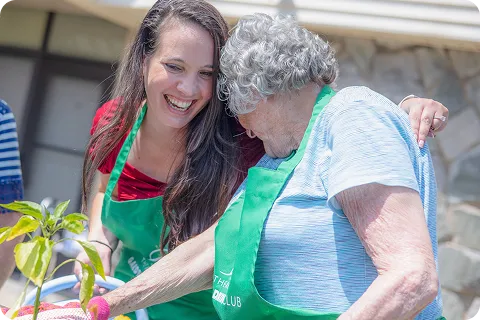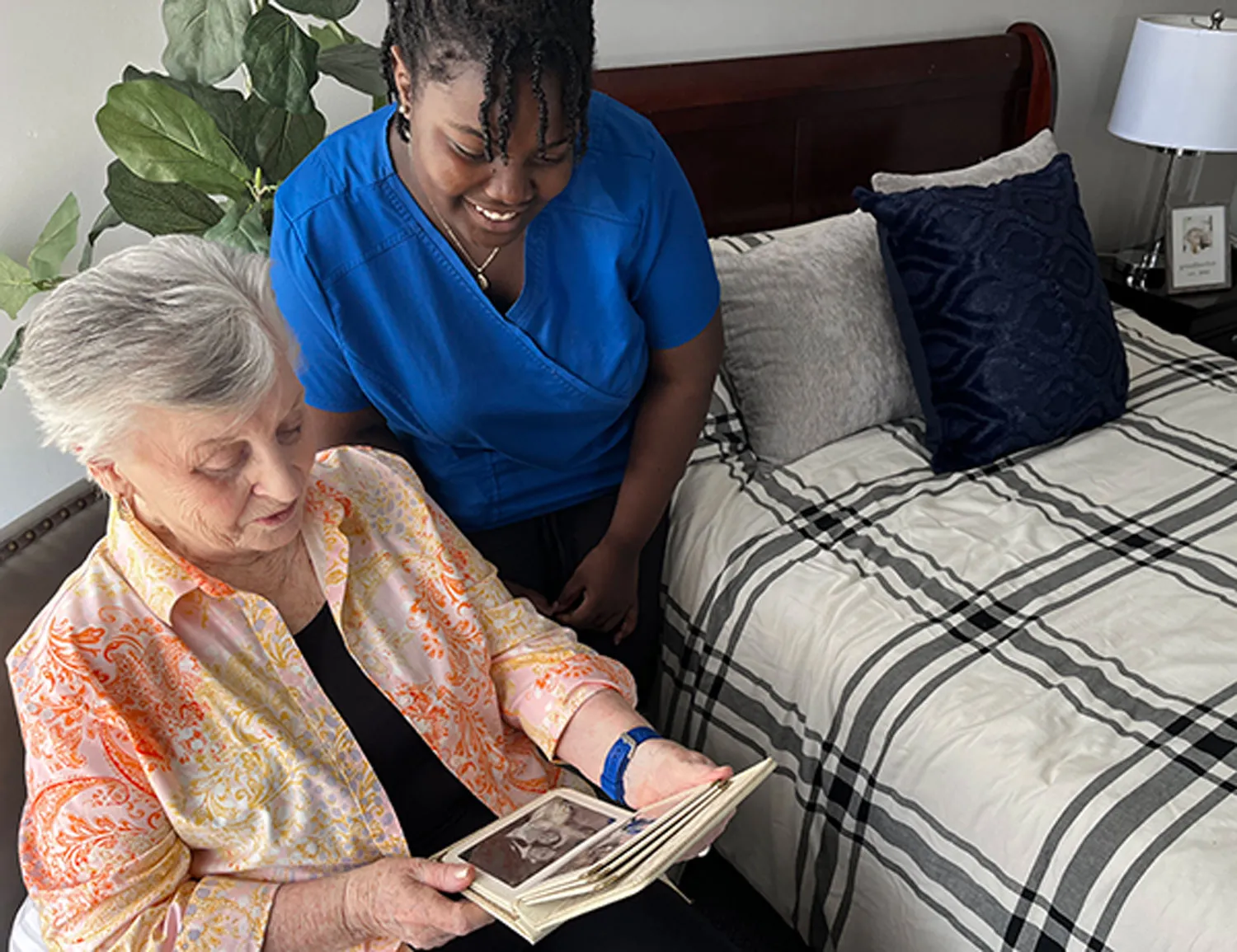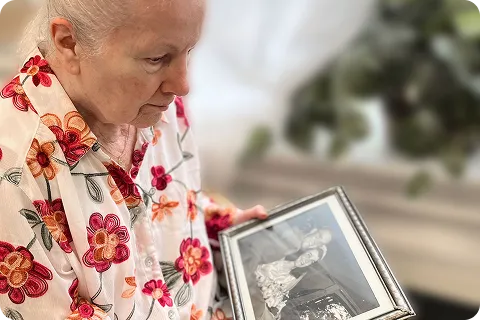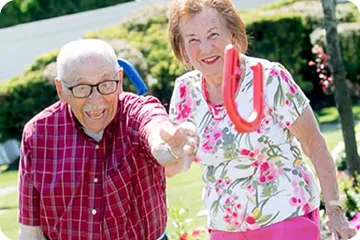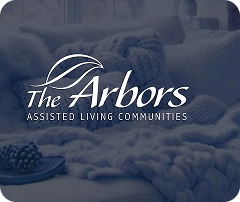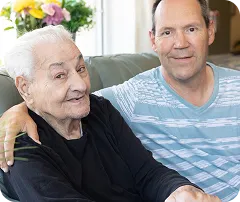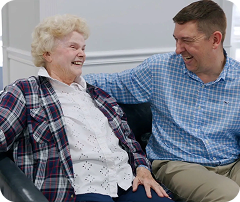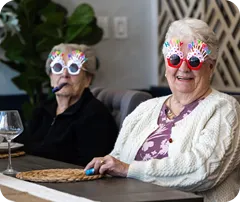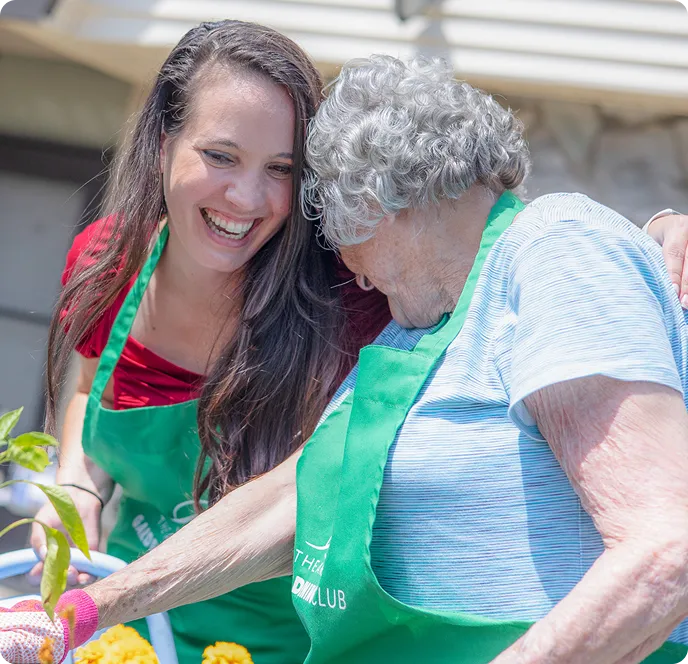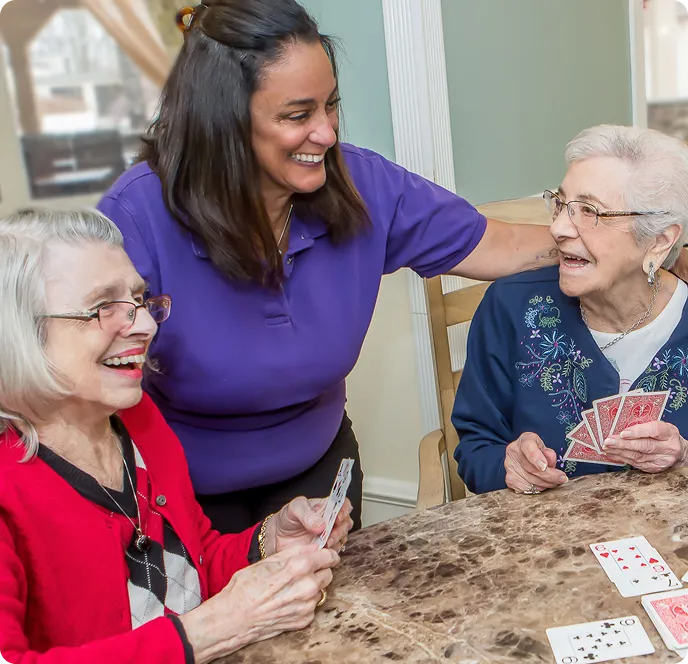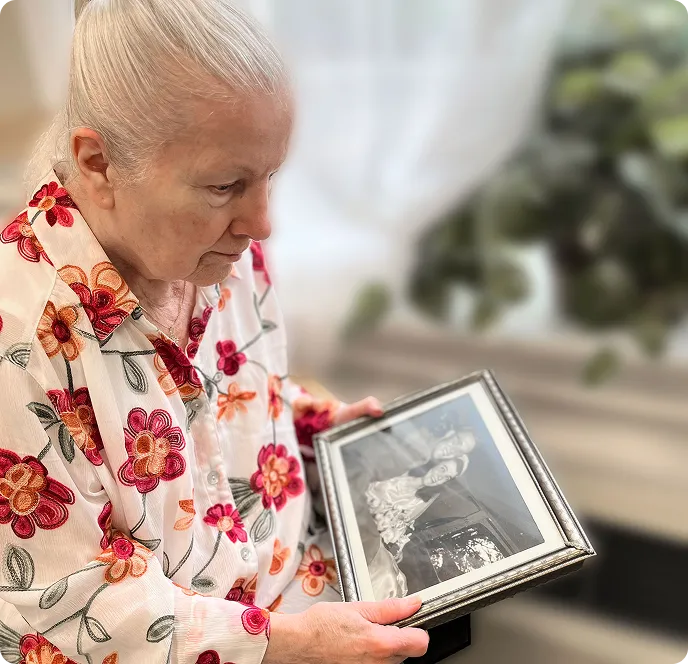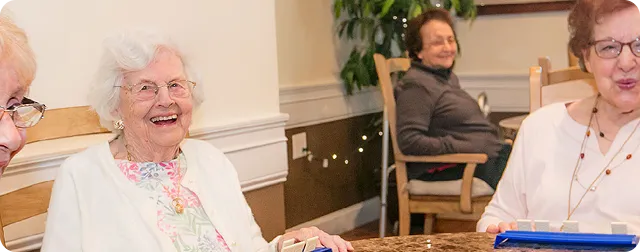(631) 778-7747
Understanding Sundowning in Seniors: Causes, Symptoms, and How to Manage It

Understanding Sundowning in Seniors: Causes, Symptoms, and How to Manage It
February 3, 2025
Sundowning is a common phenomenon experienced by many individuals with Alzheimer’s disease or other forms of dementia, typically occurring in the late afternoon or evening. During these times, individuals may experience increased confusion, agitation, anxiety, and sometimes even aggression. If you or a loved one are navigating dementia care, understanding sundowning is crucial to providing comfort and support during these challenging moments.
What is Sundowning?
Sundowning refers to the tendency of some individuals with Alzheimer’s or other cognitive impairments to become more confused or restless as the day transitions into night. This behavior can include symptoms like irritability, pacing, difficulty sleeping, or even hallucinations. Though the exact cause is not fully understood, several factors may contribute to sundowning, including:
- Fatigue: As the day goes on, cognitive fatigue can build up, leading to increased confusion and frustration.
- Changes in Light: Diminished daylight can alter the person’s internal clock and make it harder for them to distinguish between day and night.
- Disruptions in Routine: Evening routines, such as dinner or a shift in caregivers, can sometimes trigger agitation.
- Physical or Emotional Discomfort: Pain, hunger, or an underlying medical condition may intensify as the day progresses.
- Overstimulation: The day’s activities or noise can leave the individual feeling overwhelmed, increasing anxiety and agitation as night falls.
Symptoms of Sundowning
The symptoms of sundowning can vary from person to person but commonly include:
- Increased confusion or disorientation
- Restlessness or pacing
- Anxiety, aggression, or irritability
- Difficulty with communication or following conversations
- Sleep disturbances, including difficulty falling asleep or waking frequently during the night
- Hallucinations or paranoia in some cases
How to Manage Sundowning
While sundowning can be challenging for both seniors and their caregivers, there are several strategies that can help manage and alleviate its symptoms:
- Establish a Consistent Routine: Seniors with dementia often benefit from predictable routines. Try to maintain regular meal times, activities, and bedtime to provide structure and reduce anxiety.
- Create a Calm Environment: Dim the lights in the evening, reduce noise, and keep the environment calm and relaxing. Gentle music or soft lighting can help ease feelings of agitation.
- Limit Stimulants: Avoid caffeine or large meals late in the day, as they can contribute to restlessness or disrupted sleep.
- Provide Gentle Reassurance: If your loved one becomes agitated, calmly reassure them and redirect their focus to something positive or calming, like a favorite activity or family photos.
- Ensure Comfort and Safety: Check for any physical discomfort or health concerns that may be contributing to agitation, such as hunger, thirst, or pain. Also, ensure that the living environment is safe, with proper lighting and secure areas.
- Encourage Physical Activity During the Day: Mild exercise earlier in the day can help burn off excess energy, making it easier for seniors to relax at night.
- Consider Medication: In some cases, doctors may prescribe medications to help manage symptoms of sundowning. However, these should only be used under medical supervision.
When to Seek Professional Help
While sundowning is common among seniors with dementia, it can be challenging to manage, especially as symptoms worsen. If you’re struggling to cope with these behaviors, it may be helpful to consult with a healthcare provider or a specialist in memory care. A professional can offer guidance on managing sundowning effectively and ensuring your loved one’s comfort and safety.
Sundowning can be one of the more difficult aspects of caring for someone with dementia, but with understanding and the right strategies in place, its impact can be minimized. By creating a structured, calming environment, addressing underlying needs, and offering gentle reassurance, you can help your loved one navigate these challenging moments. Remember, you don’t have to face it alone—support is available, and there are resources to help make caregiving a little easier.
If you would like more information on help with your loved one who may be experiencing sundowning, contact one of our five convenient locations:
Recent News
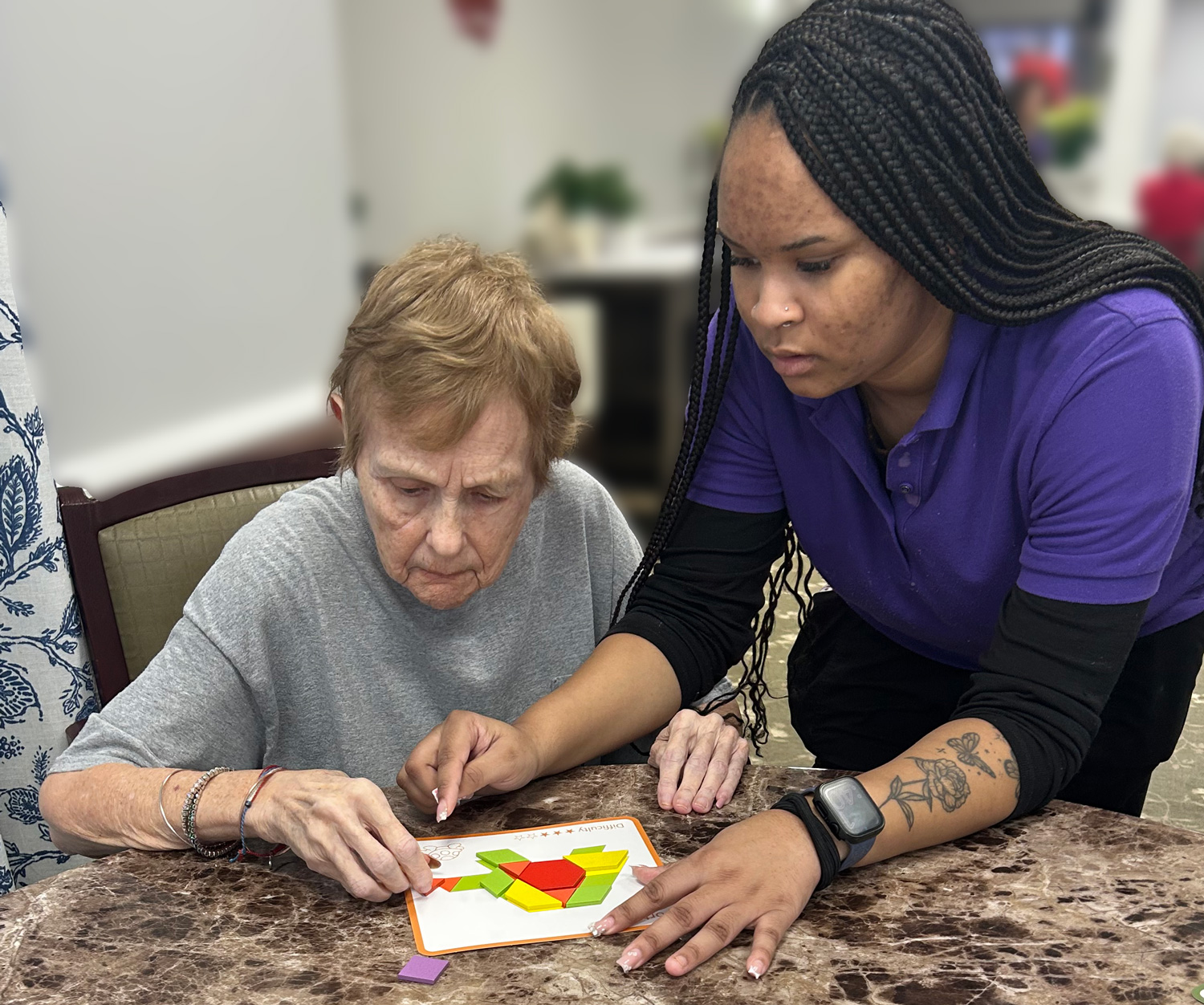
The Power of Touch
February 9, 2026

Winter Readiness for Caregivers: Do You Have a Plan?
January 6, 2026

Important Topics to Discuss With Local Assisted Living Centers
November 10, 2025

When It’s Time: Helping Your Parents Accept the Need for Assisted Living
October 15, 2025

How to Encourage an Aging Parent to Shower When They Refuse
July 2, 2025
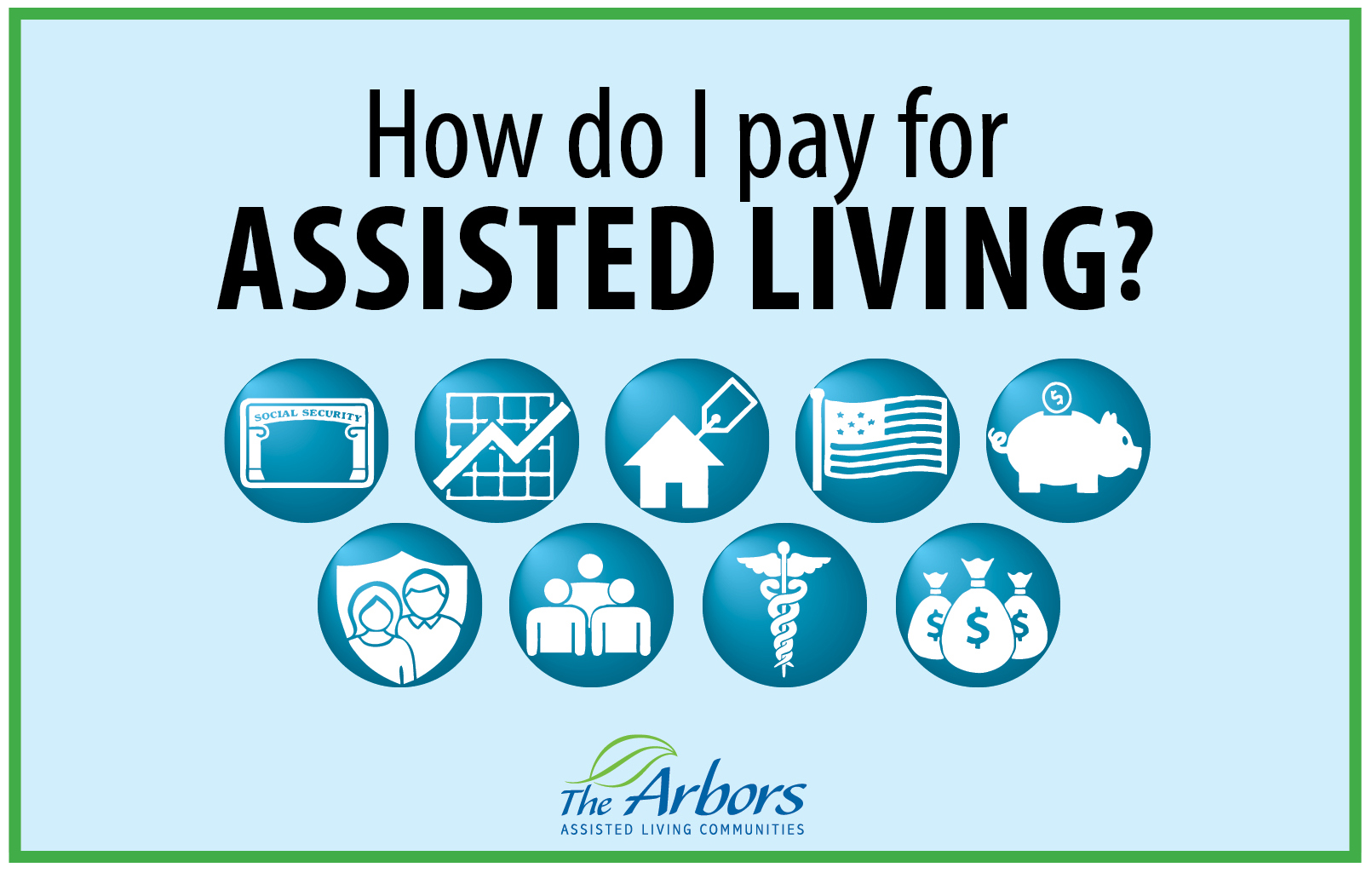
How Do I Pay for Assisted Living
June 6, 2025
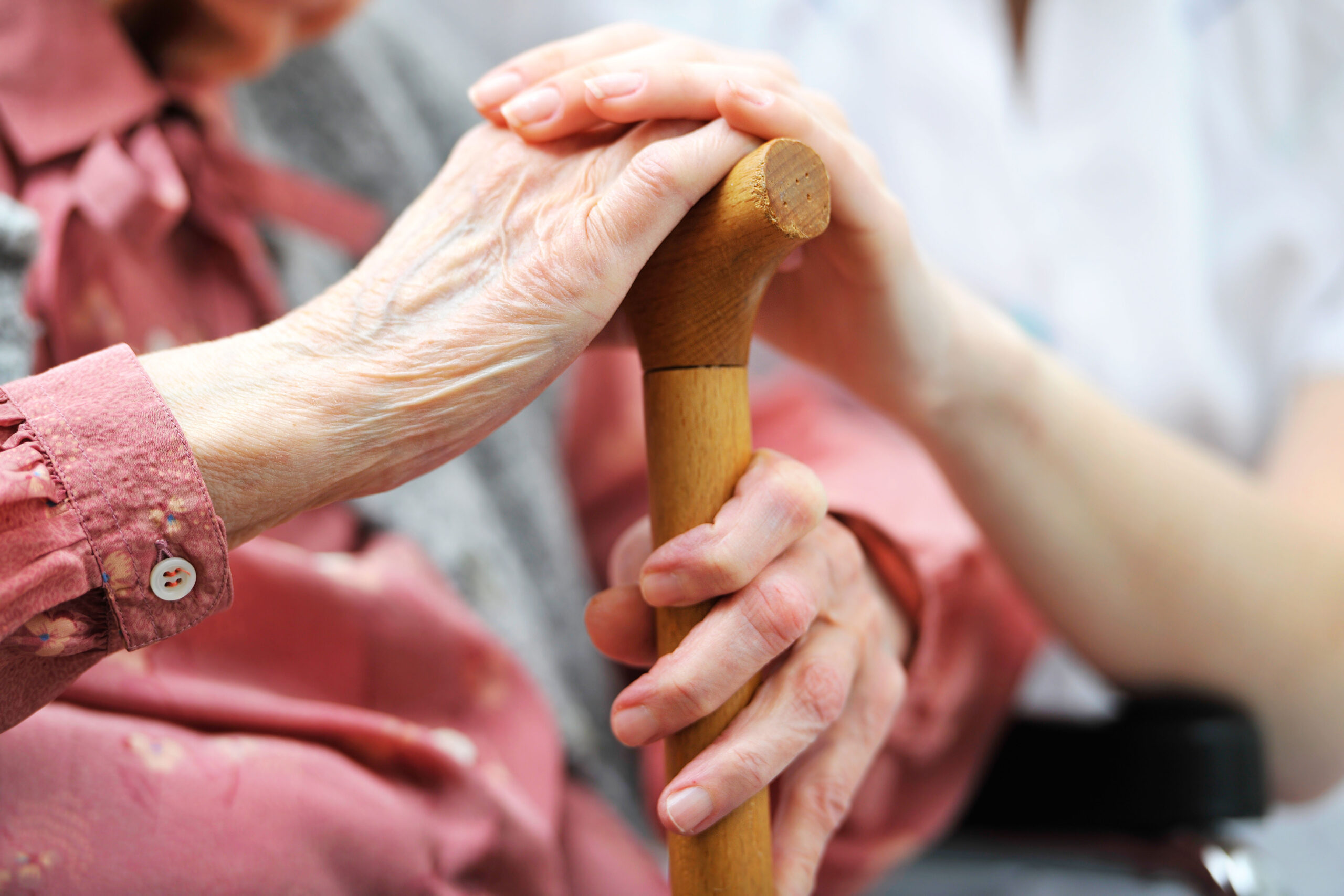
3 Signs You Should Consider Assisted Living
May 15, 2025
GET IN TOUCH
Let’s Talk About Making The Arbors Your Home
REQUEST A VISIT
Schedule a Tour of our Long Island Assisted Living Communities


